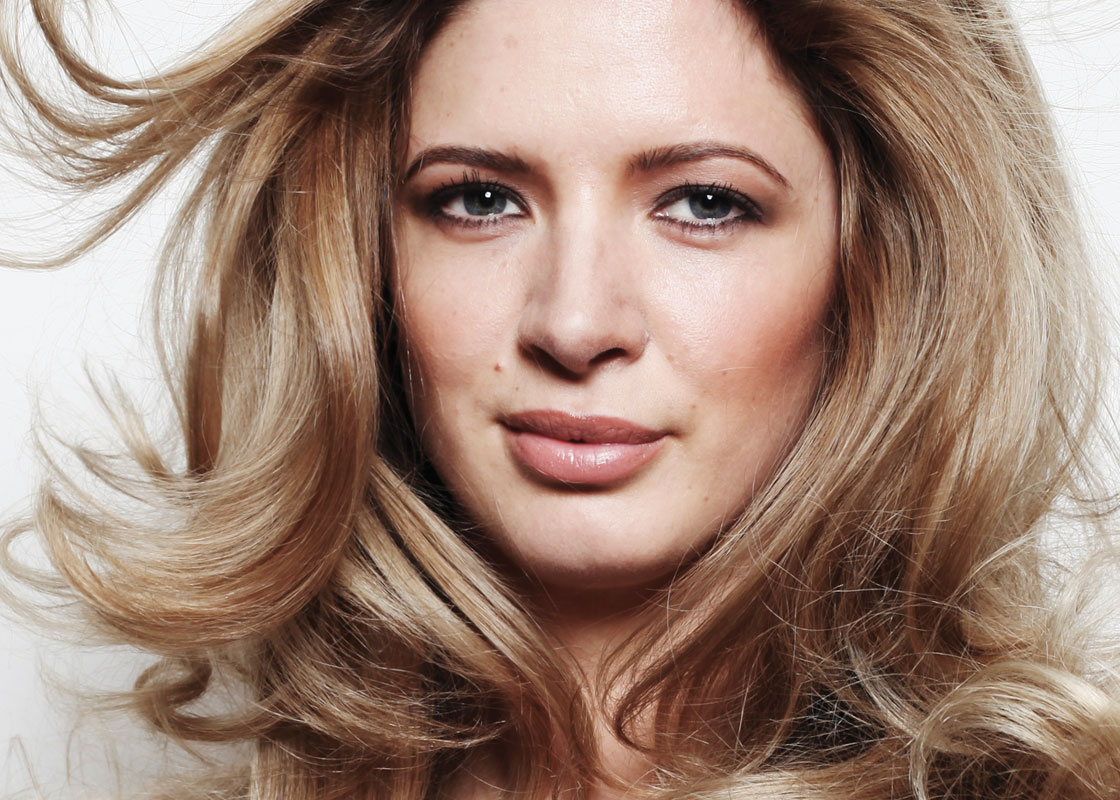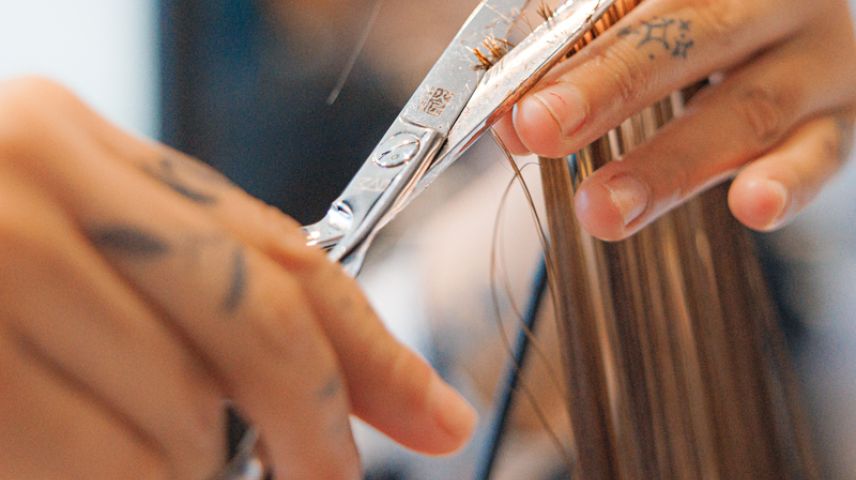Types of Hair Loss and Ways to Cope

At Simone Thomas Salon we understand that losing your crowning glory can be particularly difficult for women, as we too have experienced this. But there are ways to cope.
Losing your hair as a woman especially if you're young or at a vulnerable time in your life can be a catastrophic experience. Simone Thomas, Director of Simone Thomas Salon, who herself has suffered hair loss, says society considers hair to be an important part of how you look,
For women, there is a social stigma attached to going bald. Hair loss can affect your sensuality and how you perceive yourself. There are usually emotional trials and tribulations when it happens.
Some women question whether their partner will still love them, while I've known others become socially reclusive and give up enjoyable activities like swimming and going to the gym because they can't bear using the communal changing rooms for fear of their hair loss being discovered. As a model and TV presenter I was that person. I scoured the internet looking for ways I could cover up my hair loss. I was in fear that I would lose modelling jobs and presenting work if my hair loss was discovered. I tried everything possible, but the one thing I did discover was that at the time the wigs available on the market were cheap and nasty looking, ill fitting and so obviously a wig, I decided there and then that I would do something about it. I trained in hair loss and launched Simone Thomas Salon and Crowning Glory.
Types of hair loss
- Telogen effluvium - general shedding and thinning of the hair. It usually occurs a few months after a shock to the system, such as extreme stress, fever, childbirth, sudden weight loss, an operation or as a reaction to medication. The hair loss is usually temporary.
- Female-pattern baldness (androgenetic alopecia). Hair gradually thins, often from the top of the head. It usually gets more noticeable after the menopause and tends to run in families.
- Alopecia areata - affects mostly teenagers and young adults. Hair loss is patchy and linked to a problem with the immune system. The hair follicles are not permanently damaged, and in many cases hair grows back in a few months.
- Alopecia totalis - complete loss of hair on the head. Regrowth is unlikely.
- Alopecia universalis - total loss of head and body hair.
An estimated 8 million women in the UK are suffering from hair loss (medically known as alopecia), and it can lead to loss of self-confidence and heightened self-consciousness. Hair loss is a well-known side effect of chemotherapy, and around 50% of women lose more hair than usual after they've given birth.
Simone says,
It can help if you address the physical aspects of hair loss. Try to find out everything you can about hair loss and the treatment options available to you. The internet is an amazing place and it is so easy to research what is available. However, a word of warning... don’t be taken in by these claims of miracle cures.
A proven treatment for female-pattern baldness is a hair lotion containing minoxidil. After using it, most women see improvements, including a stop to or slowing of the balding, as well as thicker hair. Up to 25% of women experience hair regrowth whilst using it. So while this can work for some women, others will not be as fortunate. Simone Thomas Salon and Crowning Glory offer a range of wigs, hair pieces and cover-ups. To discuss your requirements please book a free consultation where we will be more than happy to discuss a range of options available to you. Call 01202 760003 to make a no obligation free and private consultation with one of our hair loss consultants.
Simone Thomas Salon also advises that you always contact your GP or dermatologist for advice before starting or finishing any treatments or medication for alopecia.
Ways to Cope With Hair Loss
Simone Thomas Salon believes that it's important to address the psychological impact of your hair loss. If you've lost your hair, even temporarily, life will be easier if you can accept what's happened and learn to live with your altered appearance.
How well you cope with looking at yourself in the mirror depends on your coping strategies, personality, self-esteem and the support around you," says Simone. "It's really important to try to promote positivity in your life. The more stressed you find yourself the worse the hair loss can be, ending up with you being in a vicious circle.
Here are some useful self-help tips:
Share stories: It helps to know you're not alone.
Join a support group: There are a variety of groups around the country where you can meet and socialise with other people with alopecia.
Go online: If you prefer to go online to talk to others, join the Alopecia UK’s discussion forum.
Accept it: It's not easy, but try to come to terms with your hair loss. One way to do this is to make a list of all your good qualities and focus your energy on celebrating these attributes.
Talk about it: Discuss your hair loss with your friends, family and loved ones, preferably early on. Let them know how you feel about it and what kind of support you need. If hair loss is affecting your relationship with your partner perhaps you could go to therapy or couples counselling.
Cover up: Look into disguising and covering up your hair loss with things like wigs, hair extensions, scarves, our revolutionary Hair Volumizer system and make-up. Persevere until you find a product and style that suits you. You may prefer not to cover up your hair loss at all; whatever works best for you! If you have hair loss that you find difficult to cover up (around 50% hair loss or more), you could be eligible for a wig on the NHS.
Be patient: Remember that many cases of hair loss in women are temporary. That said, regrowth is unpredictable and can take years. Remember too that your new hair can come through in a different texture and colour to the hair that you had before.
Avoid miracle cures: Don't be taken in by claims on the internet for wonder products. There are no cures for female hair loss.





